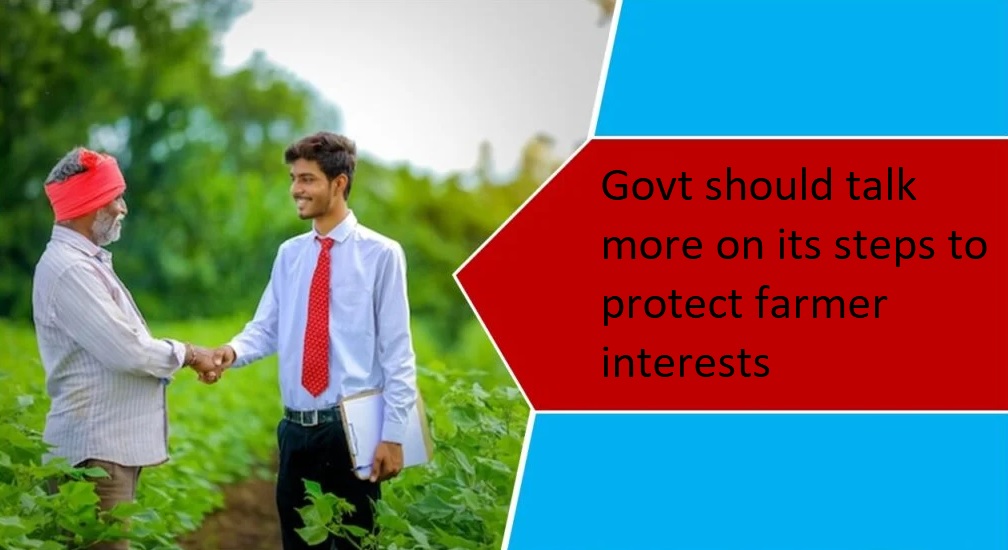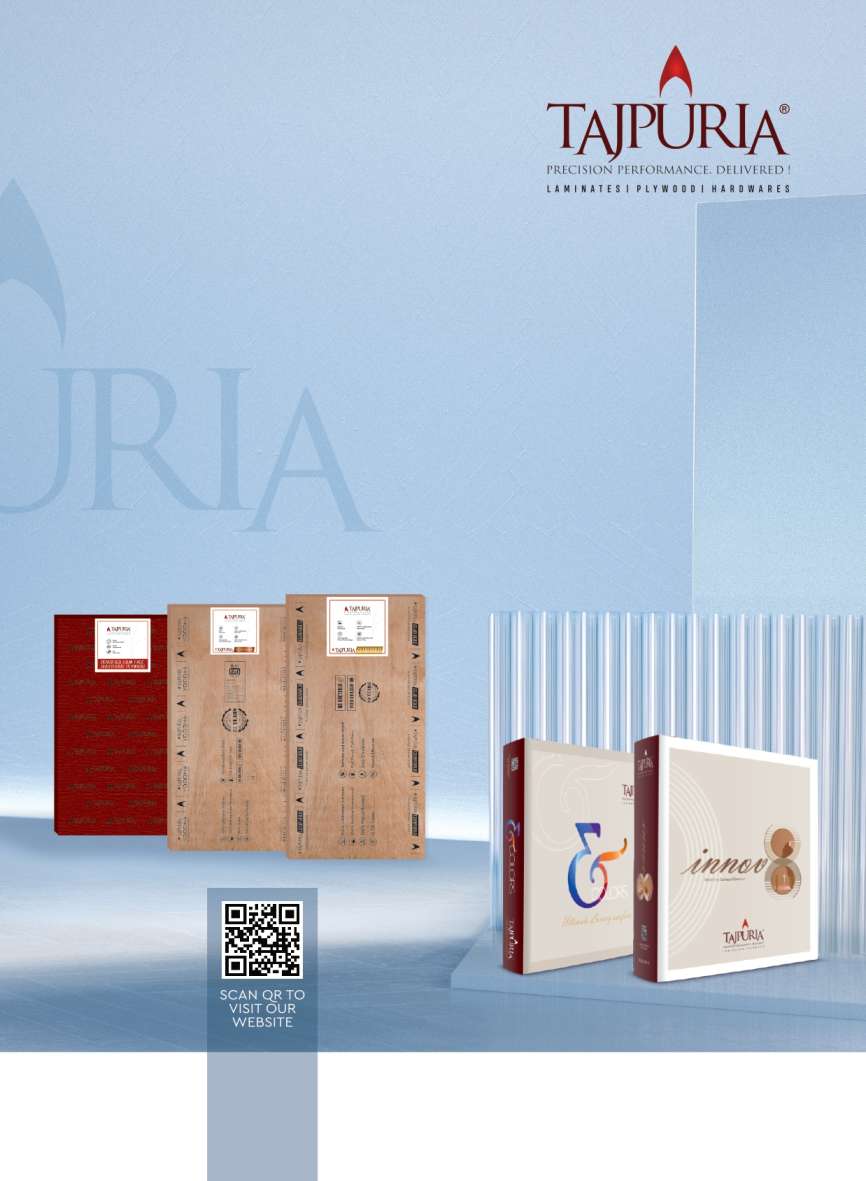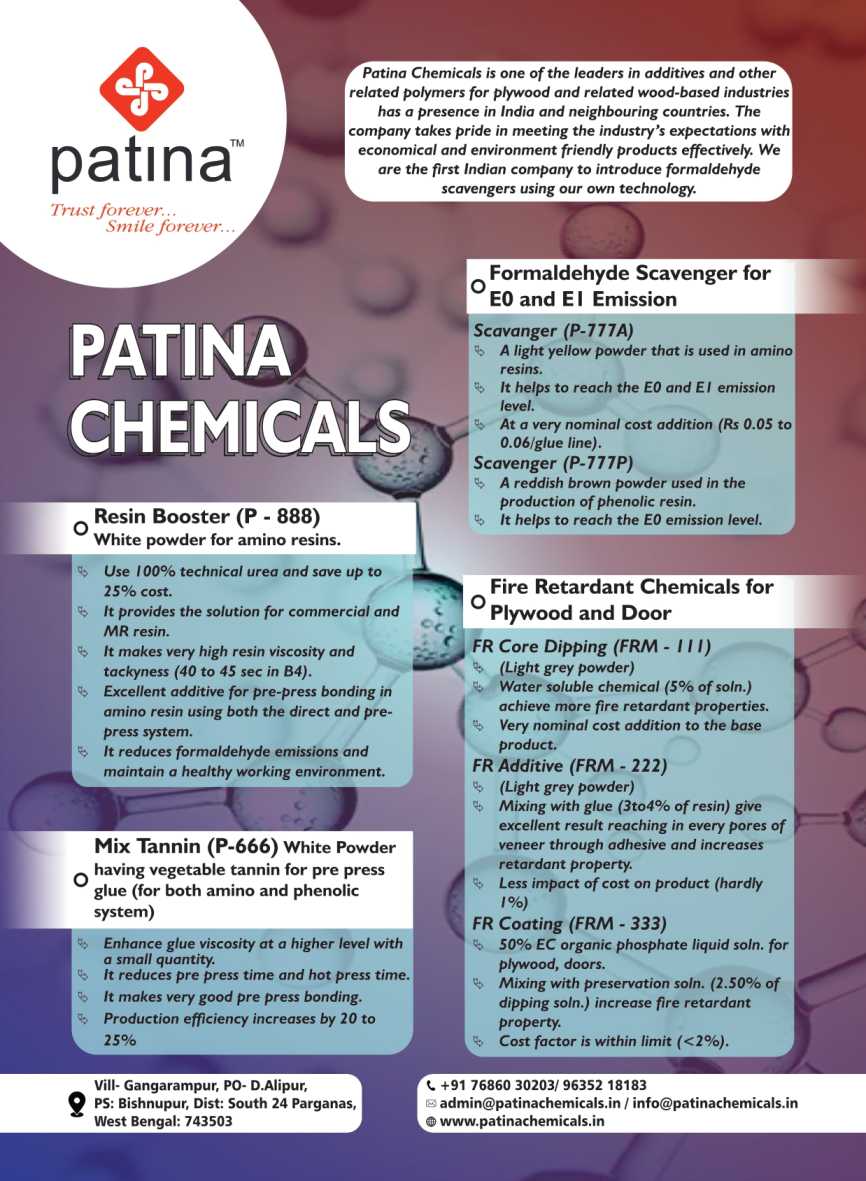
Govt should talk more on its steps to protect farmer interests
- April 13, 2024
- 0
The demands of the farmers agitating on the borders of Delhi include withdrawal from the World Trade Organization (WTO) and freezing India’s free trade agreements (FTA) with some countries. It is not clear who has advised the farmers to make these demands because they are not at all relevant to the other issues that have raised. Besides, there is no evidence to suggest that any government? The WTO.
The WTO Agreement on Agriculture (AoA) was one of the many agreements that were negotiated during the Uruguay Round and the option available was to accept all the agreements or none. The option to accept or not accept only available. The government of the day accepted all the agreaements when the WTO was established in 1995 taking an overall view of the best available course of action.
India was maintaining quantitative restrictions due to balance of payments reasons (allowed under WTO agreements) and so, the government did not have to undertake any commitments under AoA on market access. The only commitment India undertook was to not raise the customs duties on imports of primary agricultural products beyond 100 percent, processed foods beyond 150 percent and edible oils beyond 300 percent. Of course, for some agricultural products like skimmed milk powder, maize, rice, spelt wheat, millets etc. which had zero or low bound rates, negotiations were successfully completed in December, 1999, and the bound rates were raised substantially.
During the reference period (1986-88), India had market price support programmes for 22 products but as the aggregate measure of support (AMS) was negative, India did not take up any commitments on reducing the domestic support for the farm products. Export subsidies could be extended to agriculture products under the special and differential treatment provisions of the WTO.
Through several negotiations at the WTO, successive government have argued that the livelihoods of millions have to be considered by the poorer countries and that achieving food security is an integral part of any policy of developing and least developed countries. Successive governments have also stepped up pressure on the developed countries to phase out farm subsidies and remove nontariff barriers such as sanitary and phytosanitary measures that reduce meaningful access for the farm produce of the farmers in poorer countries.
In recent years, some of the programmes to assist farmers in certain sectors like sugar have come up at the disputes settlement form at the WTO. The government has been rather firm on putting up its views on why these steps are necessary in the overall context of safeguarding the interests of the farmers. In the case of regional or bilateral trade agreements also, successive government have not ignored the interests of the farmers.
The government must now spread awareness among the people at large about various steps taken by successive governments to secure the interests of the farmers at the WTO and under various trade agreements.
👇 Please Note 👇
Thank you for reading our article!
If you don’t received industries updates, News & our daily articles
please Whatsapp your Wapp No. or V Card on 8278298592, your number will be added in our broadcasting list.


































































